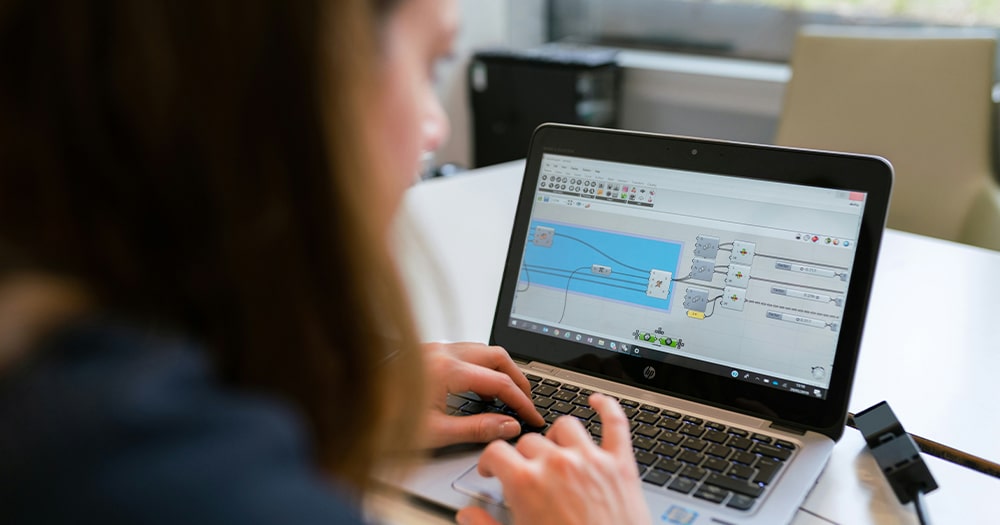You might have noticed things look a little different around here.
That’s because we’ve been updating and revamping our website. This has meant we’ve moved around some of our content and what your’e looking for is one of the things that’s moved. Please have a look around our new site using the links below and hopefully you will be able to find what you’re looking for.

Here are some of our most popular pages
The Science Council is a community of over 30 learned societies and professional associations working together to strengthen the collective impact of the science community for public benefit.
Stay updated with the latest from the Science Council and the wider science community.
Our vision, purpose and strategy
The Science Council is a collaborative interdisciplinary community of more than 30 professional bodies collectively representing over 320,000 scientists, science technicians and science teachers.
Get in touch with us and we’ll point you in the right direction.
Can’t find what you’re looking for?
If you have a question or can’t locate the information you need, our team is here to help. We’ll make sure you get the answers or resources you’re looking for.